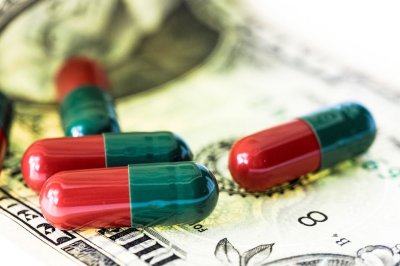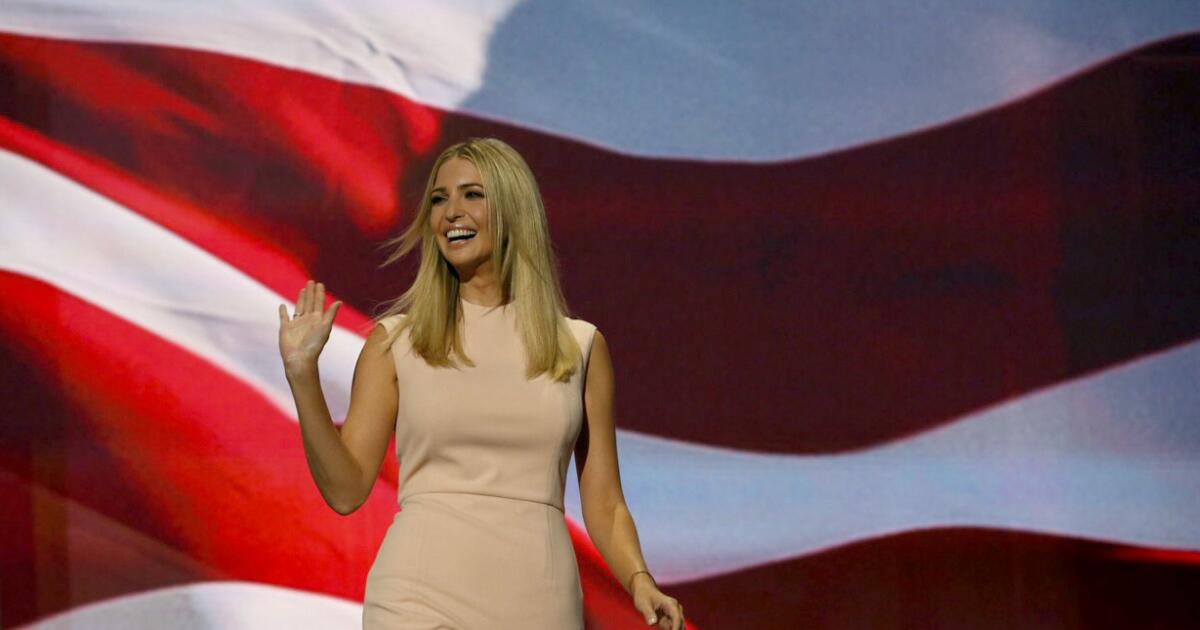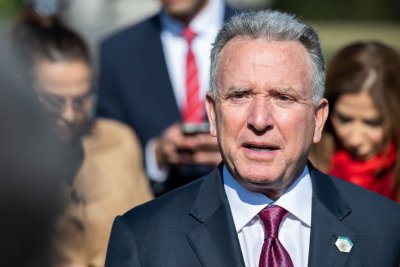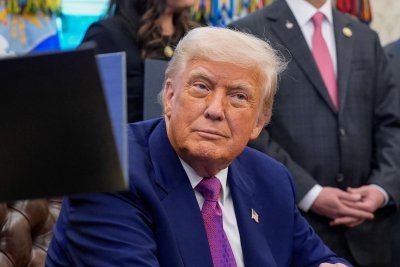Stocks jump, gold tumbles as US and China trade talks progress
Risk-on sentiment continued to dominate global market trends during Monday’s Asian session after officials from the US and China signalled “substantial progress” following two days of trade negotiations in Switzerland over the weekend.
China’s Vice Premier, He Lifeng, described the meeting as “an important first step” towards resolving differences, with both sides agreeing to establish a mechanism for further discussions. However, no specific details were provided regarding the points of agreement or the timeline for subsequent meetings. US Treasury Secretary Scott Bessent stated that more information would be shared on Monday, while he noted that a joint statement would be released.
Risk-on prevails
Optimism toward a potential de-escalation in trade tensions between the US and China fuelled risk-on sentiment, with stock markets rallying and safe-haven assets declining.
As of 5:30 am CEST, US stock futures had surged, with the Dow up 1.12%, the S&P 500 rising 1.46%, and the Nasdaq Composite gaining 1.93%. European equities were also poised for a higher open. Among major stock futures, Germany’s DAX advanced 0.85%, reaching a fresh high; the Euro Stoxx 600 rose 0.8%; and the UK’s FTSE 100 climbed 0.36%.
Asian equity markets also posted gains. Hong Kong’s Hang Seng Index rose 0.9%, Japan’s Nikkei 225 added 0.1%, the ASX 200 gained 0.28%, and South Korea’s Kospi advanced 0.7%.
Conversely, gold prices declined sharply as demand for safe-haven assets eased. Spot gold fell 1.4% to $3,279 per ounce, marking its lowest level since 5 May.
Meanwhile, haven currencies, including the euro, the Japanese yen, and the Swiss franc, weakened further against the US dollar, falling to their lowest levels since 10 April.
Markets await details of trade talks
Uncertainty remains as investors await further information regarding the trade discussions between the world’s two largest economies.
“Greater clarity on these matters, to provide firm backing to the apparent more conciliatory tone of rhetoric seen from both sides, will be needed to give markets additional confidence that the peak of trade uncertainty and tit-for-tat tariffs is indeed in the rear-view mirror, and to unlock the door to a more durable and sustainable firming in risk appetite,” wrote Michael Brown, a senior research strategist at Pepperstone Group in London.
“For the time being, however, given the prevailing uncertainty, I’m inclined to fade this strength in the dollar and equities — at least in the short term,” he added.
The S&P 500 has rebounded nearly 10% since US President Donald Trump indicated a substantial cut to tariffs on China in late April. Nonetheless, the benchmark index remains negative year-to-date, down 3.8%. Meanwhile, the US dollar index (DXY) has dropped more than 7% this year, despite the recent rebound.
According to Bloomberg, the US is considering reducing tariffs on Chinese goods to below 60% as a first step, while seeking to negotiate the removal of Chinese restrictions on rare earth exports to the US. In early April, Beijing announced export restrictions on a wide range of critical minerals — including germanium, gallium, antimony, and magnets — potentially disrupting production in American electric vehicles and other electronic devices.








